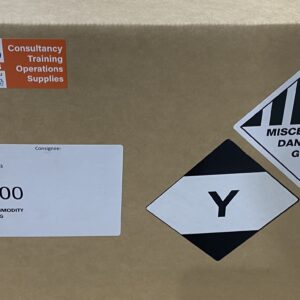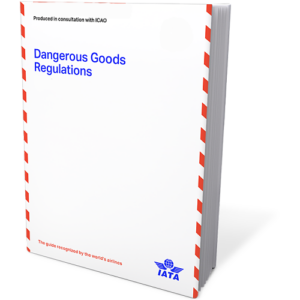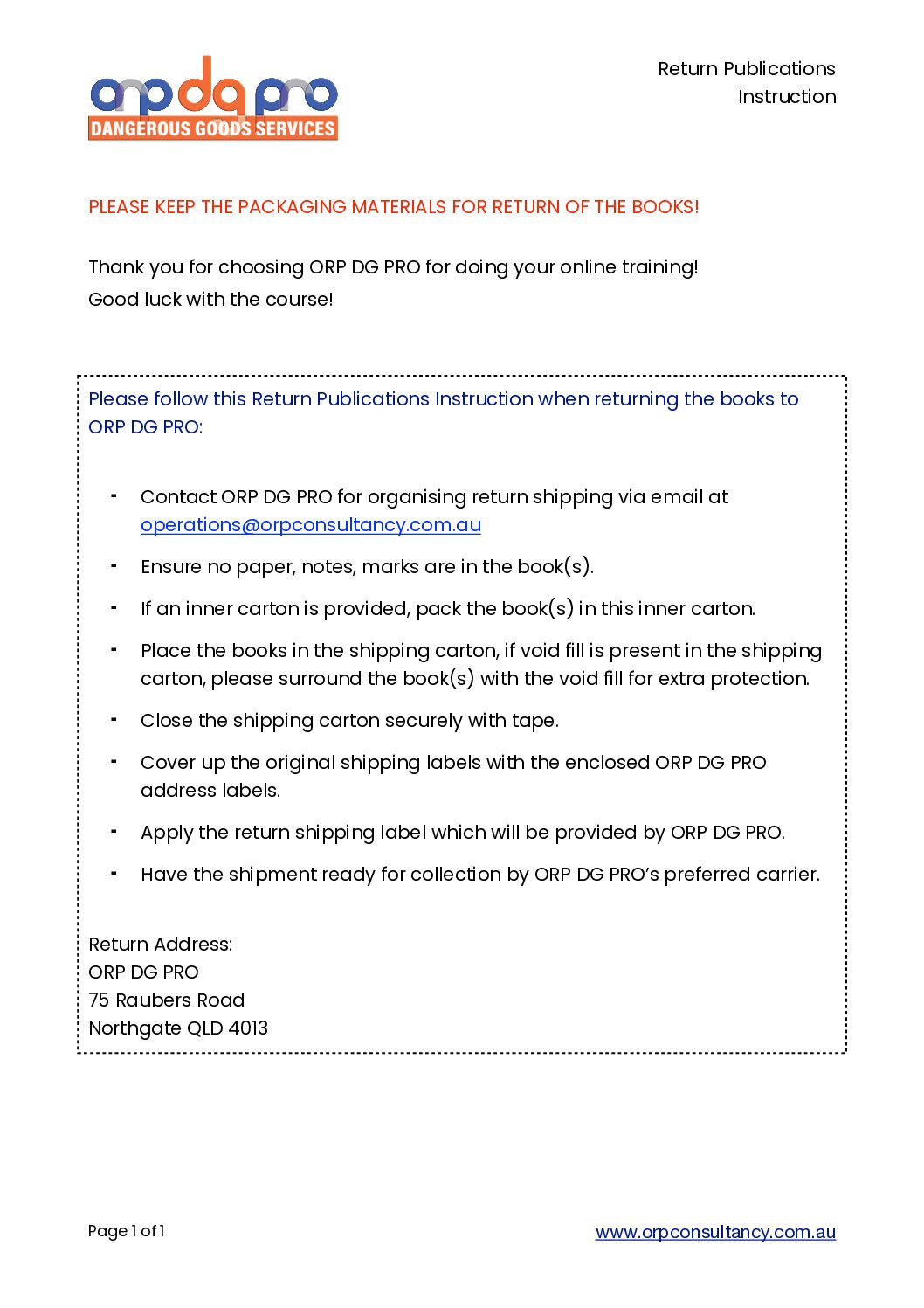Dangerous Goods by Air Training – Online, Self-Paced & Certified
Master the safe handling, shipping, and compliance of dangerous goods by air with our industry-leading online training. Our self-paced Dangerous Goods by Air course is designed for professionals seeking flexible, high-quality education that fits your schedule. Whether you’re an aviation professional, logistics manager, shipping personnel, a freight forwarder, our CASA Australia approved, ICAO and IATA compliant training ensures you’re equipped to navigate the complexities of transporting dangerous goods by air.
Why Choose Our Online Dangerous Goods by Air Training?
-
Flexible Learning: study anytime, anywhere with our fully online, self-paced course — no need to disrupt your schedule. Choose the dangerous goods classes you handle.
-
CASA Australia approved: our training courses are CASA (Civil Aviation Safety Authority) Australia approved.
-
Comprehensive Curriculum: covers classification, packaging, packing, labelling, documentation, and segregation procedures for dangerous goods by air.
-
Accessible 24/7: log in from any device and complete the course on your terms. Save time and money with affordable training that eliminates the need for in-person sessions.
- Certification Included: earn a recognised certificate upon completion to boost your credentials.
Who Should Enrol?
Our online dangerous goods training is ideal for:
-
Shippers and Packers
-
Shipping and freight personnel
-
Warehouse and logistics managers
-
Freight Forwarders
-
Safety and compliance officers
-
University and Laboratory personnel

With the regulations constantly evolving, staying compliant is critical. Our course offers up-to-date training on the ICAO and IATA dangerous goods regulations, ensuring you’re prepared for real-world scenarios.
Learn how to mitigate risks, avoid costly fines, and protect lives with expert content delivered at your convenience.
Online training duration – on average 8 hours approximately for initial acceptance*
*duration largely depends on (prior) experience with the safe carriage of dangerous goods by air. Refresher training usually would take less time, as will specific DG class training programs like lithium batteries or infectious substances.










